
🚨 The Silent Danger: Early Signs and Prevention of Colorectal Cancer
Colorectal cancer remains one of the most significant health challenges in the United States. It’s the third most common cancer diagnosed among Americans—excluding skin cancers—and unfortunately, one of the deadliest as well (Updated March 7, 2023).
According to the American Cancer Society, “Colorectal cancer is the third leading cause of cancer-related deaths for men and women separately, and the second leading cause when both sexes are combined.” These alarming numbers emphasize the importance of awareness, early detection, and preventive care.
The reason colorectal cancer is so deadly is that its symptoms are often subtle, vague, or mistaken for minor digestive issues. By the time most patients recognize that something is seriously wrong, the cancer has already advanced, making treatment far more difficult and outcomes less favorable.
Most Commonly Overlooked Signs of Colorectal Cancer
1. Persistent Cramps
Abdominal cramps can be tricky to interpret. While mild cramping is common and often linked to issues like indigestion, gas, or mild food intolerances, recurrent or severe cramping—especially when accompanied by other symptoms—should raise concern.
Chronic or intense abdominal pain may indicate that something more serious is happening inside your colon. If the cramps persist or intensify over time, consult your healthcare provider. Early diagnostic tests such as colonoscopy or stool screening can make all the difference.
2. Unexplained Fatigue
Feeling tired once in a while is normal, but constant fatigue that doesn’t improve with proper rest, nutrition, or lifestyle adjustments can be a warning sign. Fatigue associated with colorectal cancer often results from internal bleeding, which can cause anemia and deprive your body of essential oxygen and nutrients.
While fatigue can stem from many other causes—such as thyroid issues, diabetes, or heart disease—persistent exhaustion without an obvious reason should prompt a medical evaluation.
3. Sudden or Unexplained Weight Loss
Unexpected weight loss is often one of the first physical changes noticed in people with cancer. The Mayo Clinic defines unexplained weight loss as losing 5% or more of your body weight within six months without changing your diet, exercise routine, or sleep habits.
Cancer cells consume large amounts of energy to grow and spread. Meanwhile, your immune system also works overtime trying to fight the disease, further draining your body’s resources. If you experience a significant and unintentional drop in weight, it’s crucial to investigate the cause rather than celebrate the loss.
4. Irregular Bowel Movements
Your bowel habits can reveal a lot about your digestive health. Colorectal cancer can alter the structure and function of your intestines, leading to changes in stool frequency, consistency, or appearance.
You might notice alternating periods of constipation and diarrhea, narrower stools, or stools that appear unusually dark or tar-like. These changes may suggest a blockage or bleeding in your colon. If your bowel patterns shift suddenly or remain abnormal for more than a few days, don’t ignore it—schedule a visit with your doctor.
5. Bloody or Black Stool
Perhaps the most alarming sign of all, bloody or black stool indicates internal bleeding somewhere in your digestive tract. Bright red blood typically points to bleeding in the rectum or lower colon, while dark, tarry stool suggests bleeding higher up in the intestines.
Even if it happens just once, it’s essential to report it to your healthcare provider immediately. While it could be caused by hemorrhoids or other benign conditions, only medical testing can rule out something more serious like colorectal cancer.
How to Lower Your Risk of Colorectal Cancer
While some risk factors—such as age or family history—can’t be changed, there are several powerful steps you can take to protect yourself and lower your risk:
-
Eat a fiber-rich diet:
Fill your plate with fruits, vegetables, and whole grains. These foods help remove toxins, support healthy digestion, and reduce inflammation. Studies also suggest that diets high in fiber may lower the risk of developing colorectal polyps and cancer. -
Exercise regularly:
Physical activity keeps your digestive system active, supports a healthy weight, and improves immune function. Even simple habits—like walking for 30 minutes a day—can significantly cut your risk. -
Avoid smoking:
Tobacco use increases your risk for nearly every type of cancer, including those of the colon and rectum. Quitting smoking is one of the most effective ways to protect your long-term health. -
Maintain a healthy weight:
Obesity is linked to a higher likelihood of developing colorectal cancer and a poorer prognosis after diagnosis. Combine a balanced diet with regular exercise to stay within a healthy range. -
Limit alcohol consumption:
Excessive alcohol intake can damage the lining of your intestines and increase cancer risk. Try to keep it moderate—no more than one drink per day for women and two for men. -
Get regular screenings:
Perhaps the most important preventive measure, colorectal cancer screening can detect precancerous polyps before they turn dangerous. Talk to your doctor about when to begin screening—typically around age 45, or earlier if you have risk factors.
Final Thoughts
Colorectal cancer may be common, but it’s also highly preventable and treatable when detected early. Paying attention to your body, maintaining healthy habits, and scheduling regular check-ups could literally save your life. Awareness is your first line of defense—so listen to what your body is telling you.
News in the same category


Boil bananas before bed, drink the liquid and you will not believe what happens to your sleep
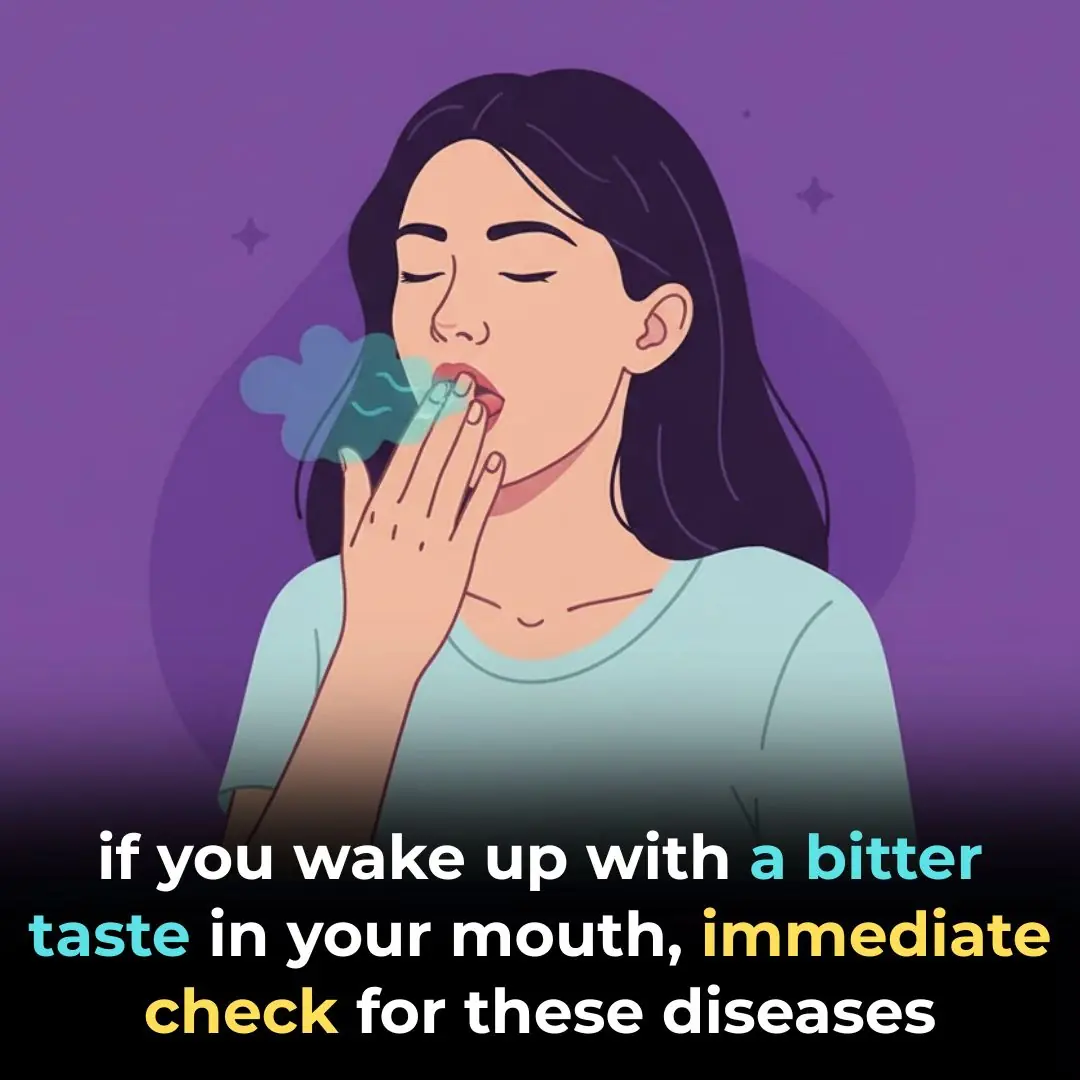
Bitter Taste In Your Mouth Discover Most Common Cause

8 Common Reasons For Waking Up at Night

How to Get Rid of Constipation: The Best Home Remedies That Really Work
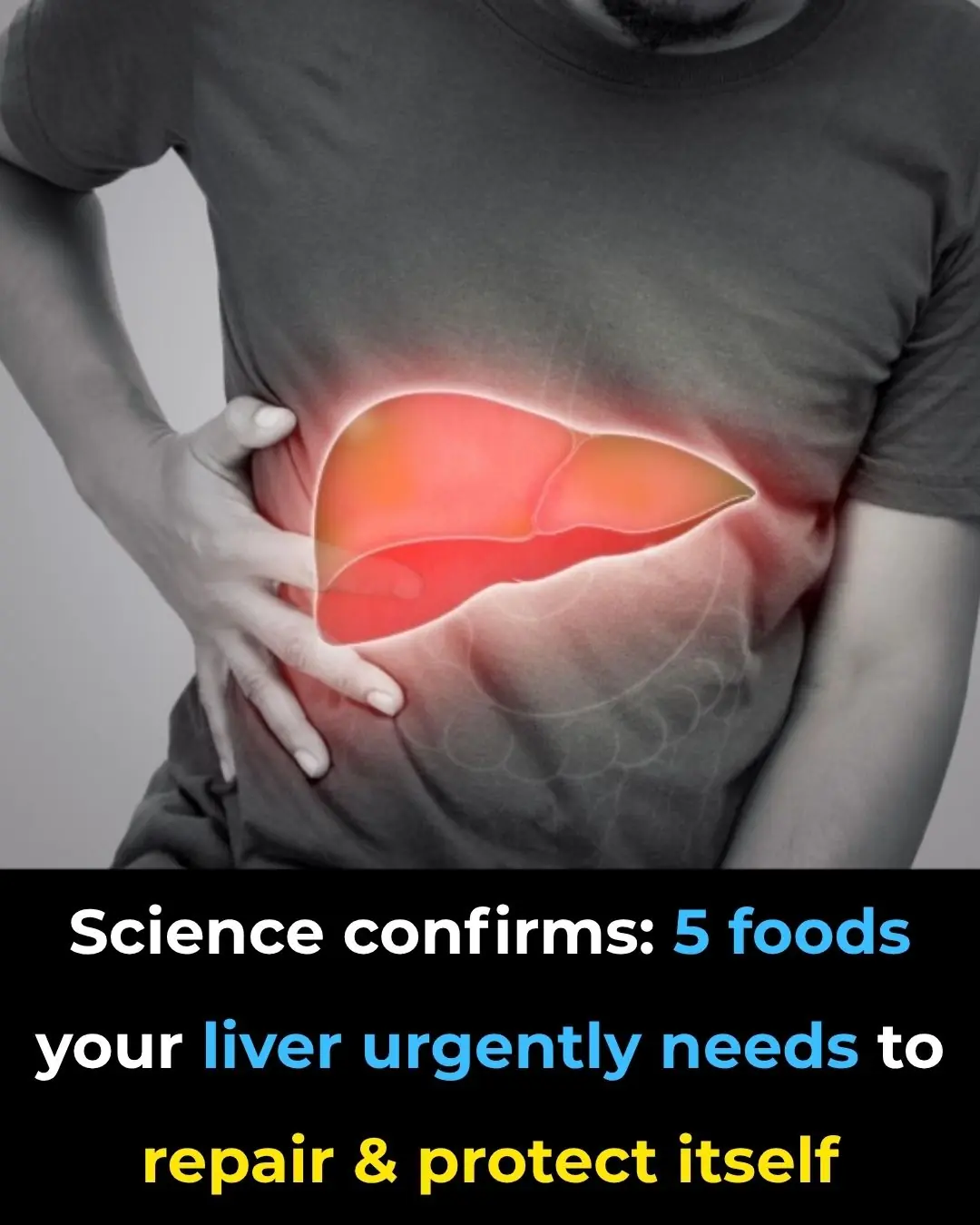
The Best Scientifically Proven Foods to Cleanse Your Liver
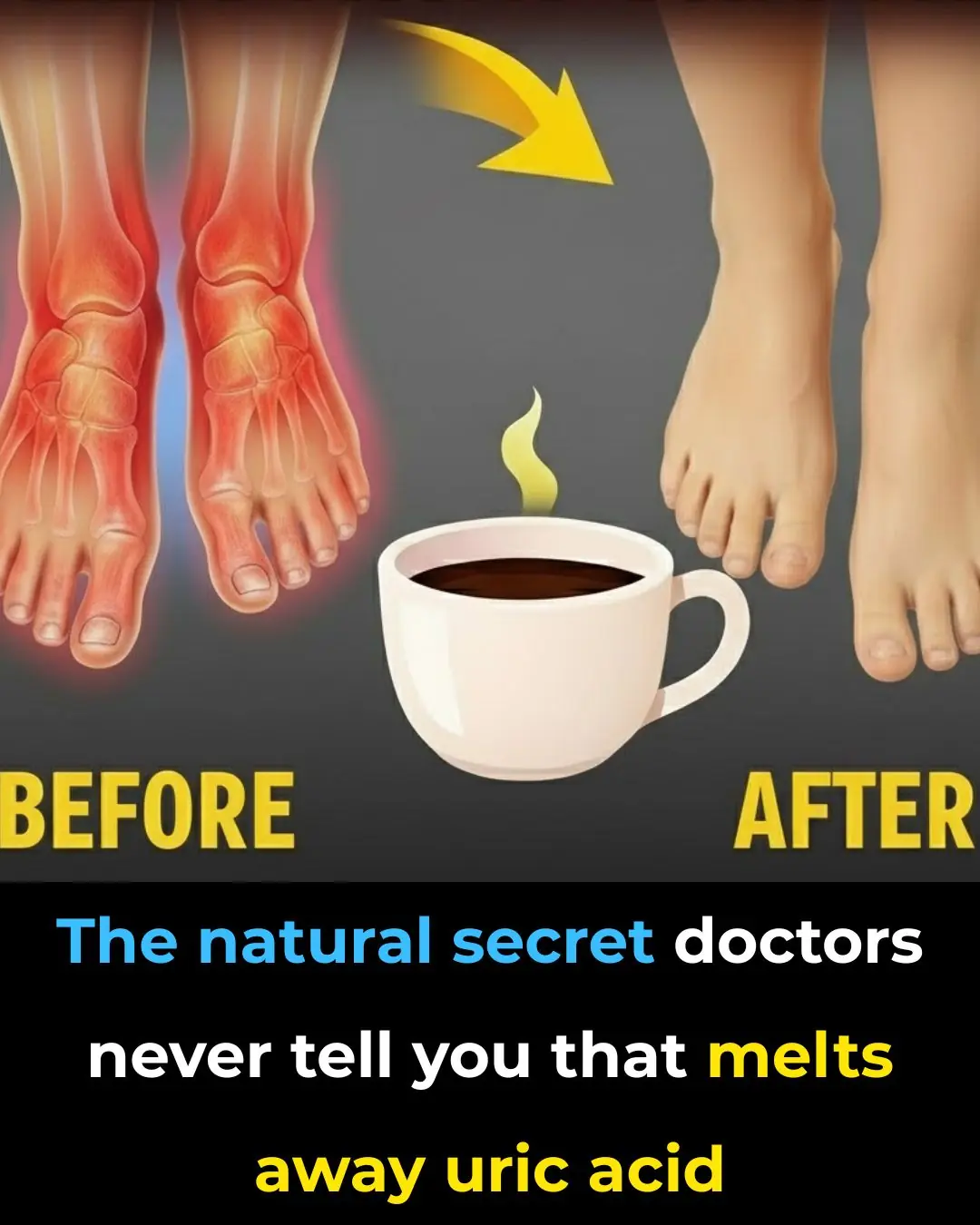
The Best Natural Gout Treatments: Remove Uric Acid Crystallization To Prevent Gout And Joint Pain

4 things your hands could be telling you about the health of your kidneys

The Secret to Caring for Your Aging Skin – Gentle, Effective & Realistic
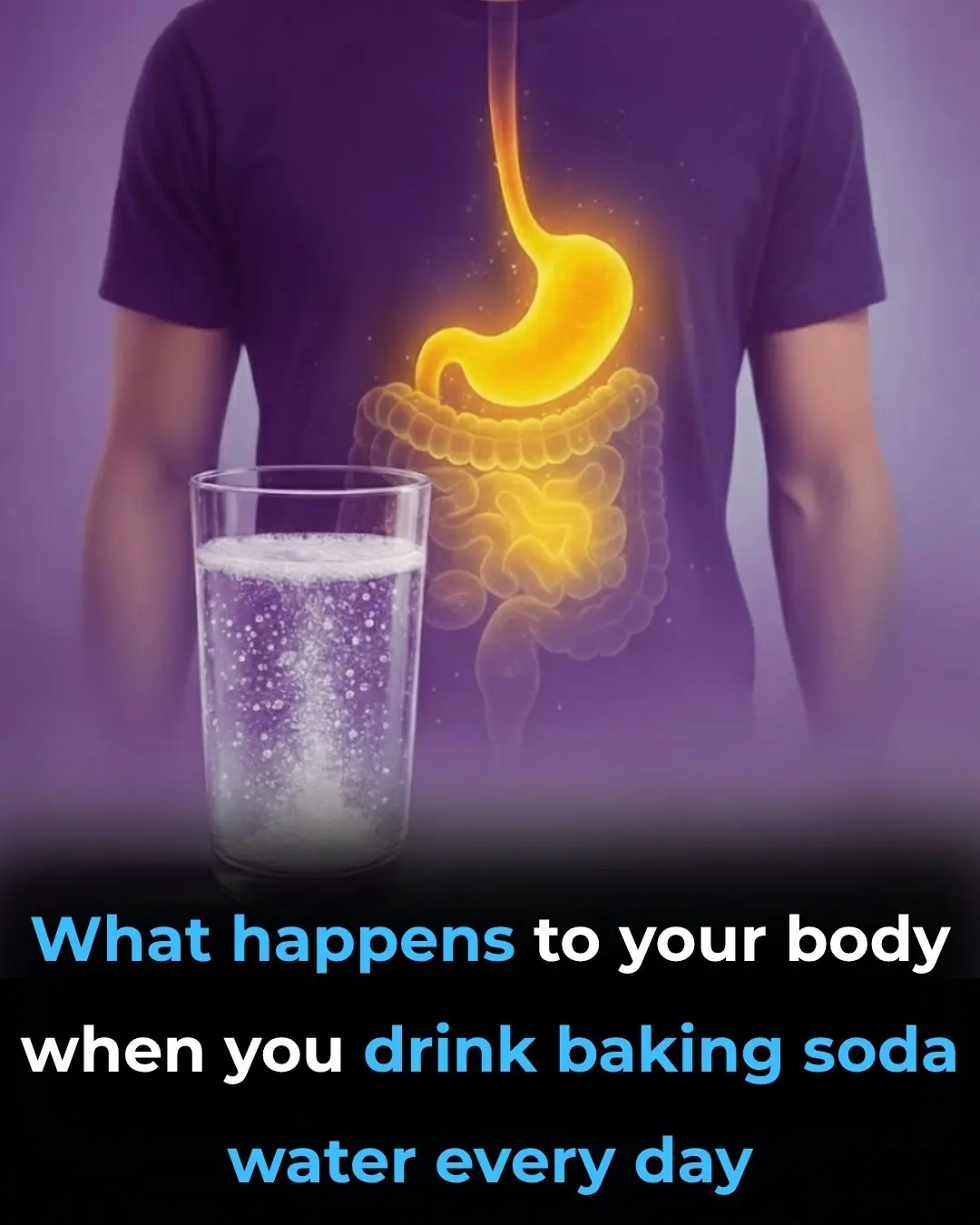
12 Amazing Benefits of Drinking Baking Soda Water Daily
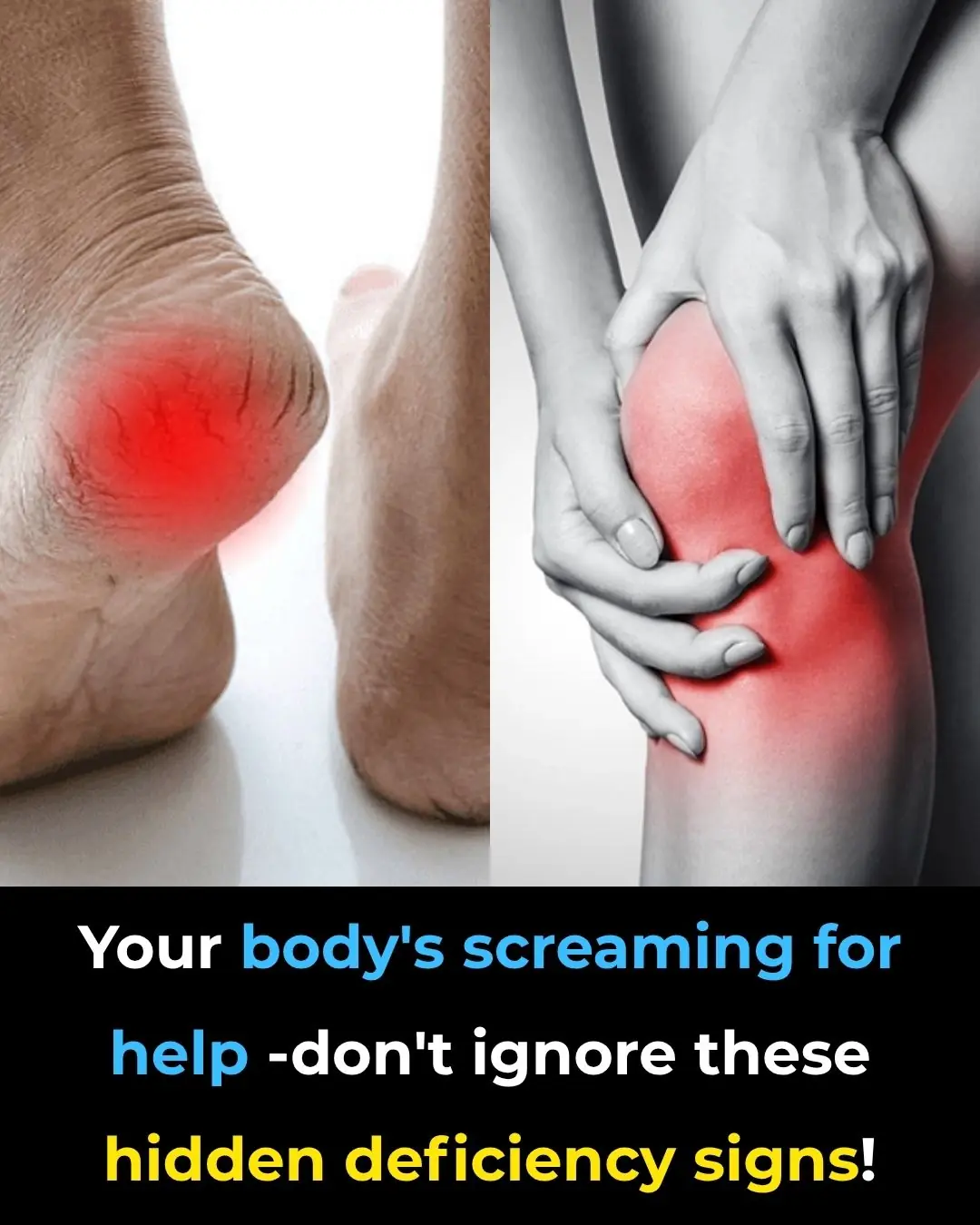
5 Deficiencies Almost Everyone Has (And Doesn’t Know About)
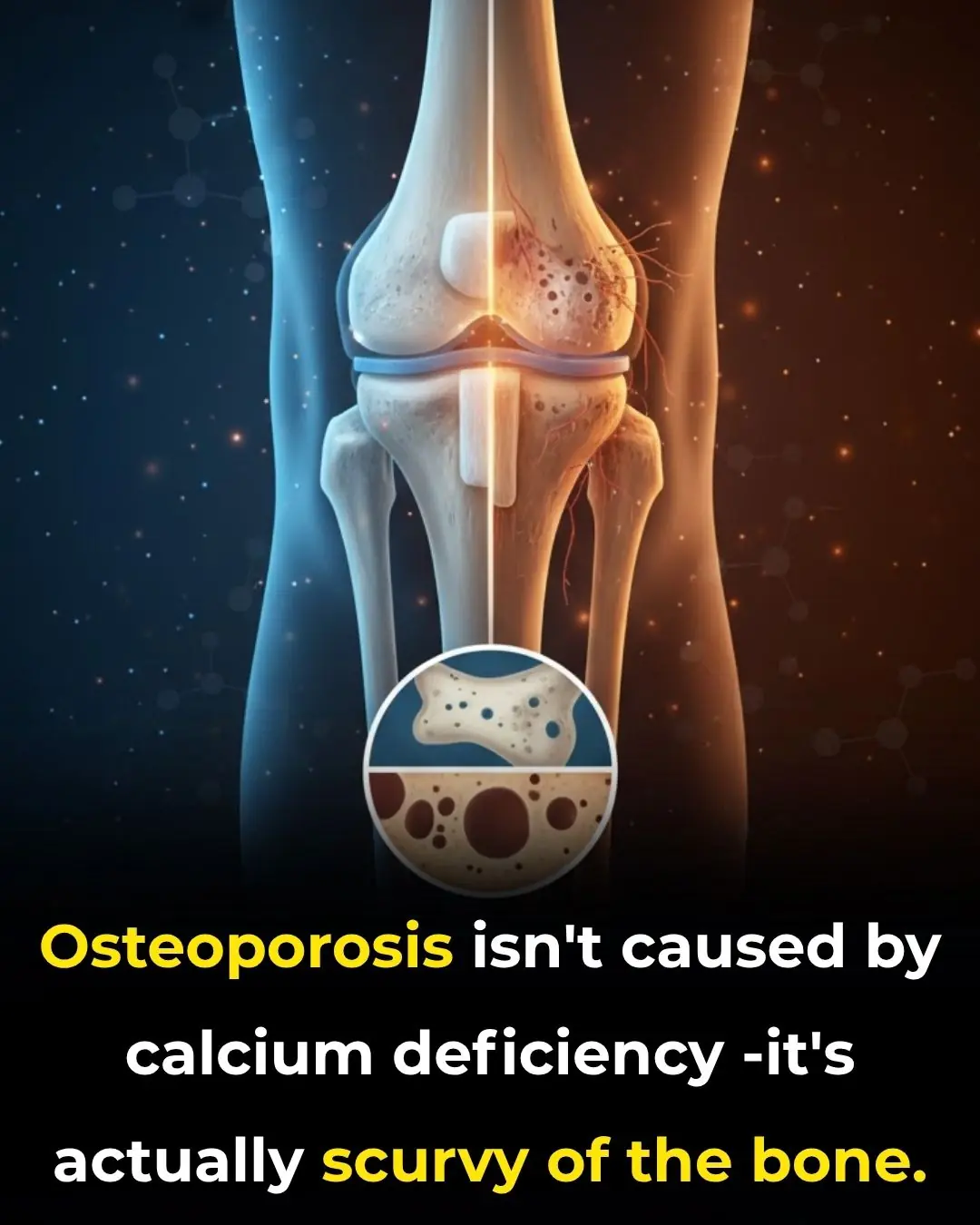
Osteoporosis Is Scurvy of the Bone, Not Calcium Deficiency

This olive oil fasting trick resets insulin resistance — and triggers deep cellular cleanup

Forget Calcium — Doctors Say This Is the #1 Exercise for the Strongest Bones
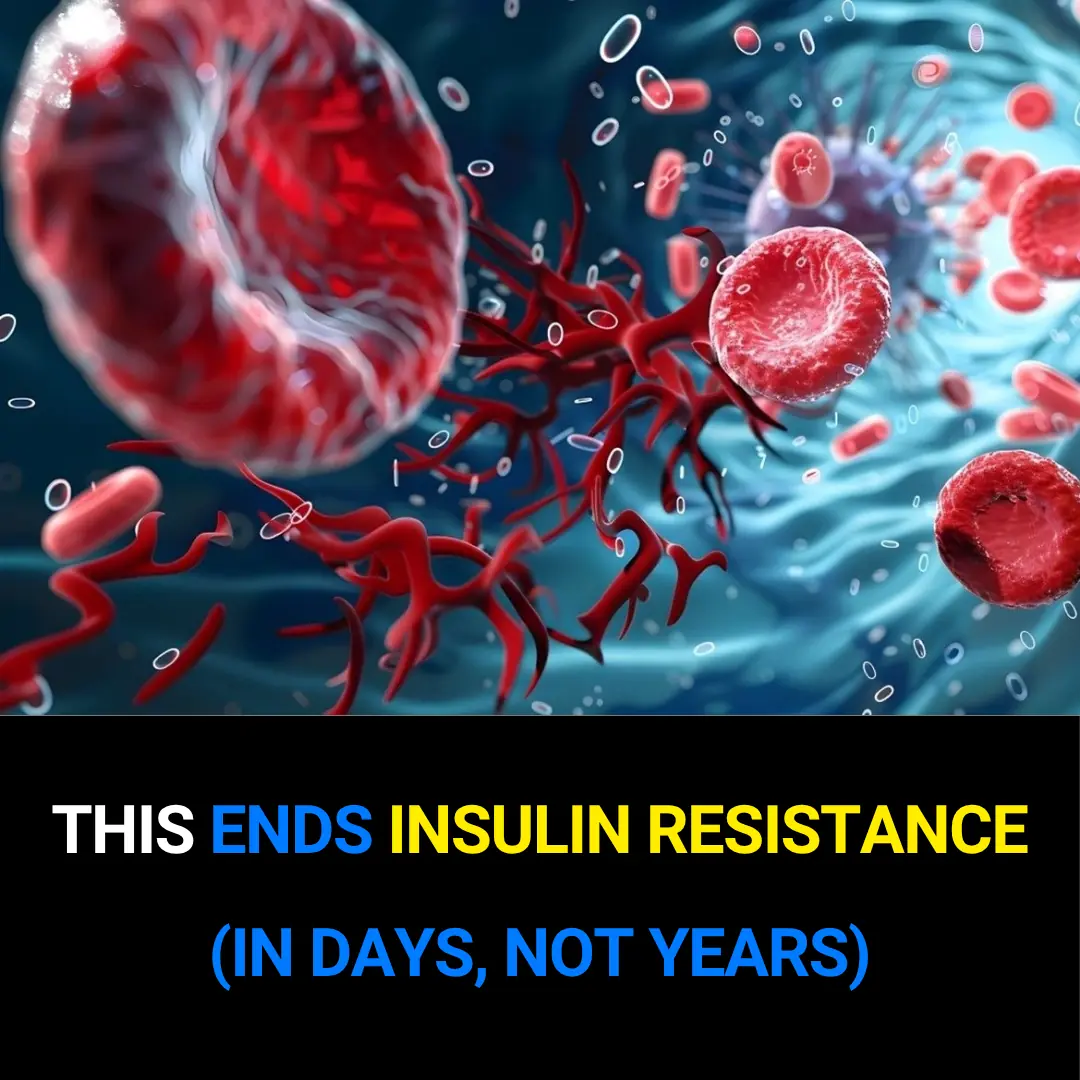
This Ends Insulin Resistance (in Days, Not Years)
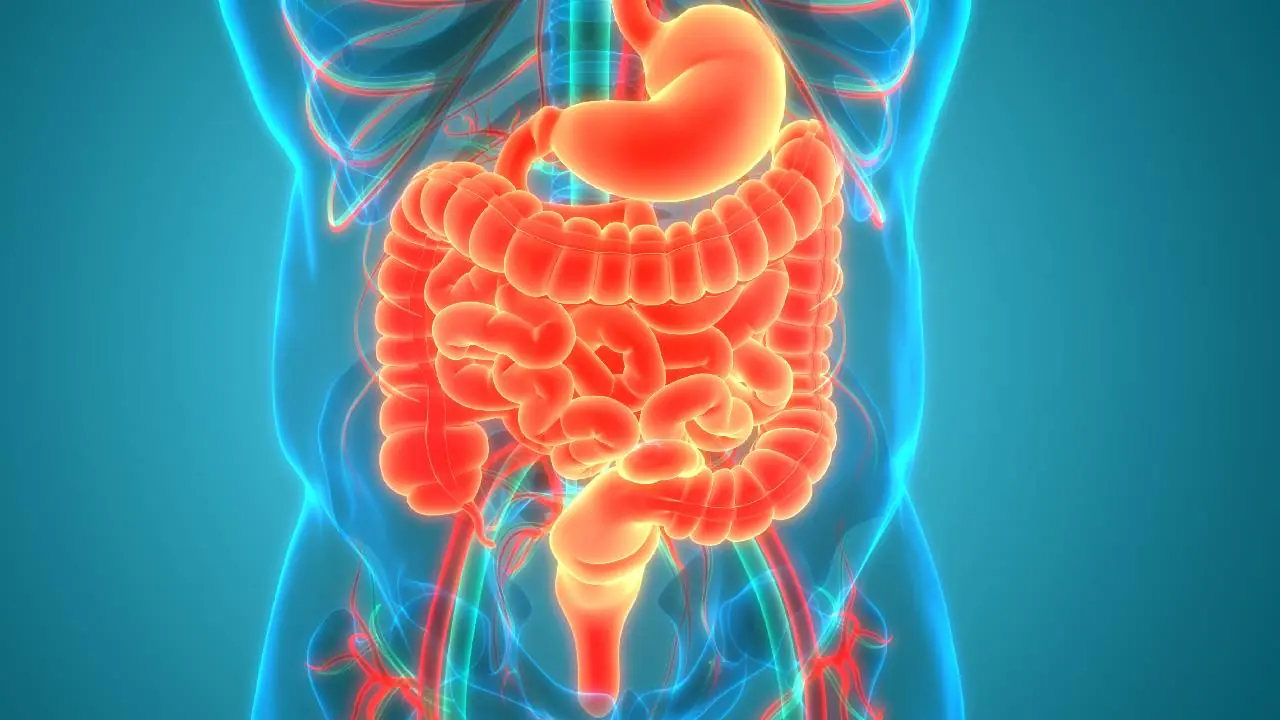
7 Warning Signs of Diverticulitis Most Doctors Miss
![Are You Being Misled About What Your Blood Pressure Should Be? [READ THIS CAREFULLY]](https://onplusnewscom.8cache.com/onplusnewscom/images/2025/10/25/1761400387Ii4TCVIhQj.webp)
Are You Being Misled About What Your Blood Pressure Should Be? [READ THIS CAREFULLY]

Medicinal Health Benefits of Turmeric, Curcumin and Turmeric Tea Based on Science

The Best Foods to Cleanse and Prevent Clogged Arteries
News Post

The Boy Who Hitchhiked 250 Miles to Meet His Hero.

A Waitress Named Susie and the Night Kindness Stole the Spotlight

The Lesson by the Lake: A Mother Bear’s Love That Teaches Survival.

A Moment of Joy: How a Playful Baby Elephant Stole Everyone’s Heart

The Coyote at the Grave: A Bond That Survived Fire and Time
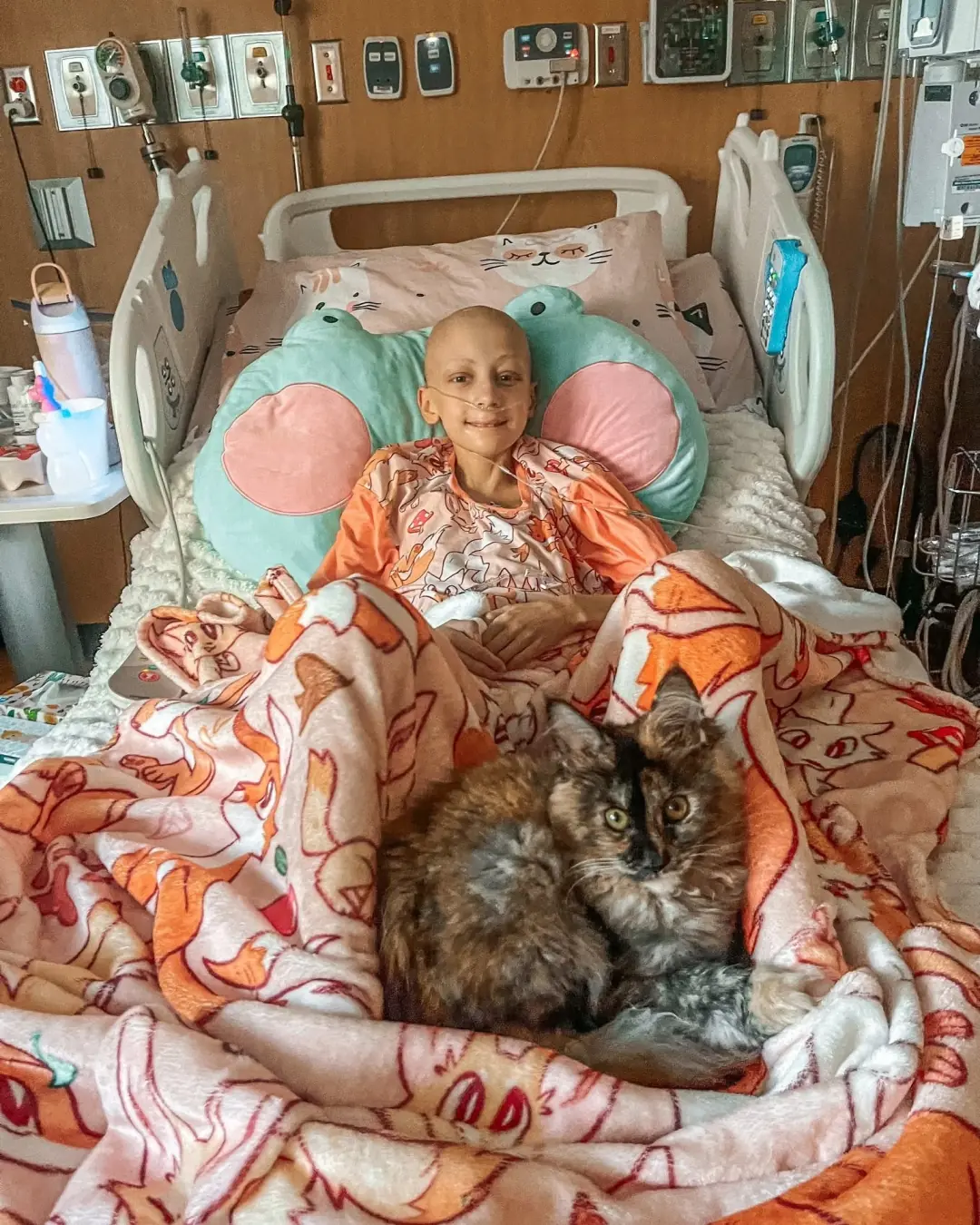
Sasha’s New Chance: A Journey of Courage, Pain, and Hope

Devotion: The Lions Made of Love and Cardboard.

The “Guilty” Raccoon Who Stole Hearts Instead of Snacks.

A Metro Ride, a Meltdown, and a Miracle: How One Officer Turned a Child’s Worst Day into a Moment of Kindness the World Will Never Forget.

A Graduation to Remember: When a Police Officer Carried a Student Across the Finish Line.

A Moment of Joy: How a Playful Baby Elephant Stole Everyone’s Heart.

Meet Demi Johnson, the Teen Scientist Helping Restore Oyster Reefs in Mississippi

Holding On for a Miracle: Keontae McKinnon’s Brave Fight
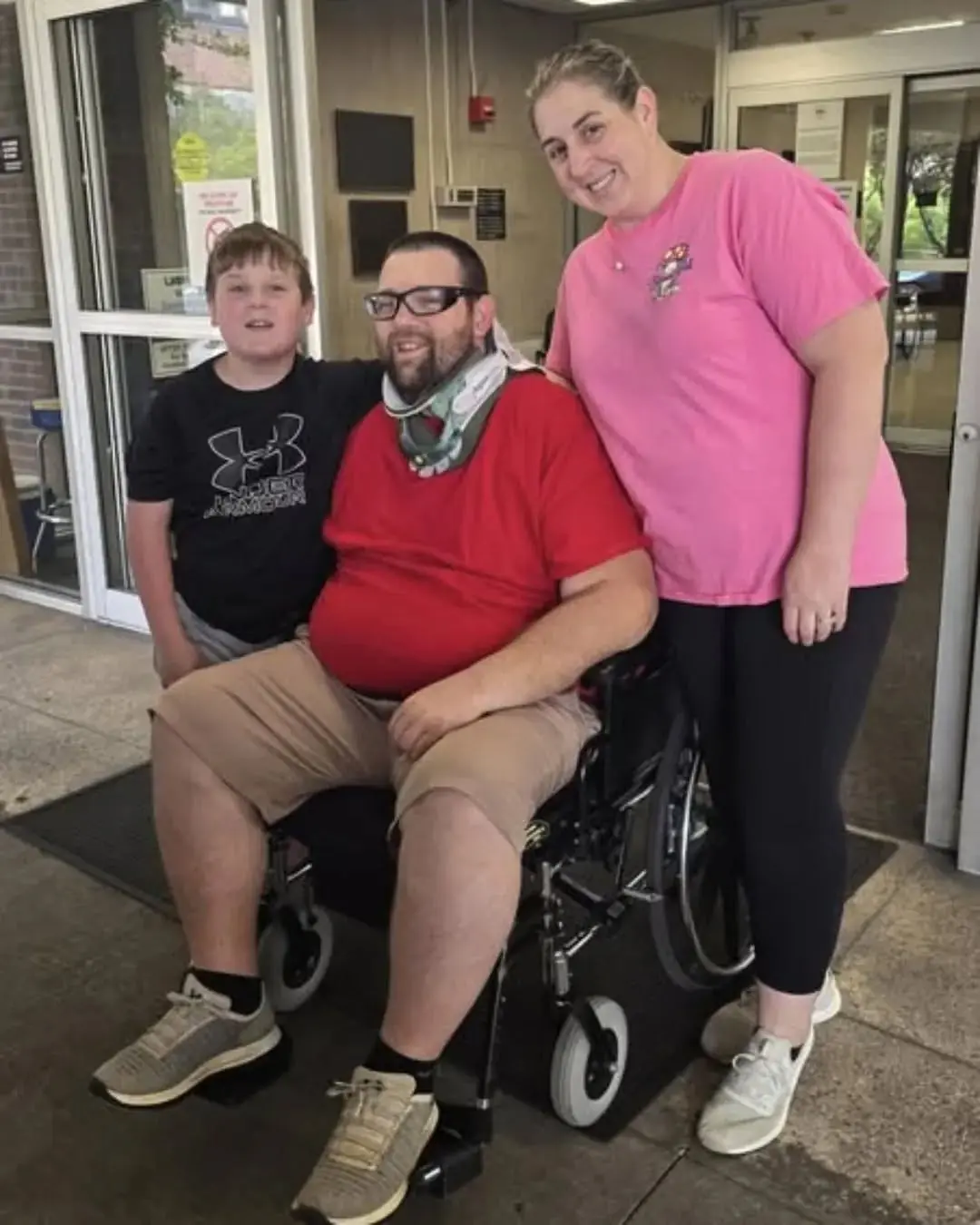
A Homecoming Marked by Grief and Gratitude: The Corley Family’s Journey

From Shelter to Service: The Incredible Journey of K-9 Ron

Detroit Couple Celebrates Their 75th Wedding Anniversary And Credit Communication As The Key To A Lasting Marriage

This Mom Got Illinois To Sign A Law Banning Hair Discrimination In Schools

These Multilingual Siblings Have Created A Virtual Academy To Teach People How To Speak Other Languages

This Mother and Daughter Got The Chance To Serve On The Same U.S. Navy Ship Together
